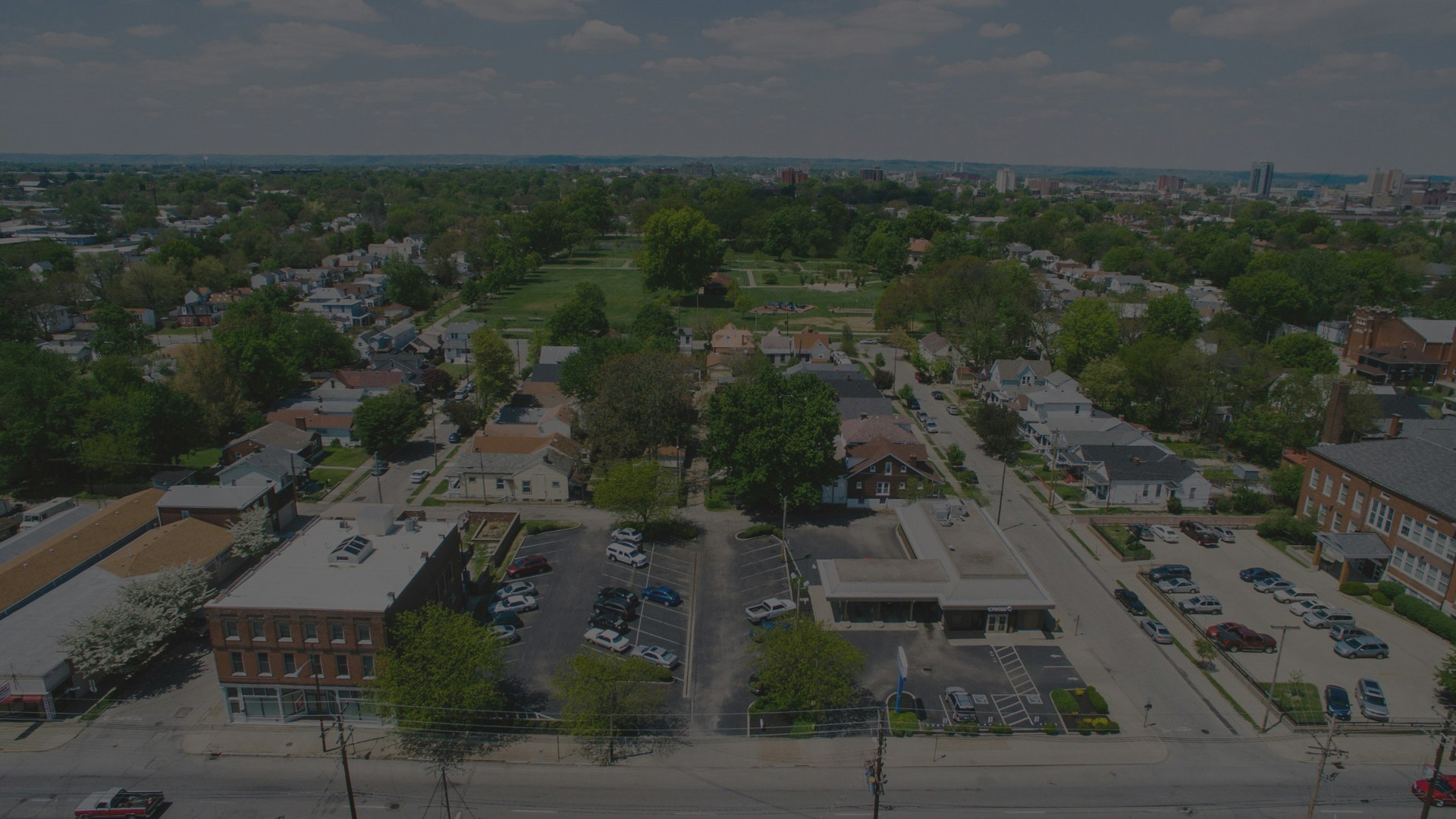
Shelby Park Five Years In
As we look to the future, we need to architect solutions that address the full complexity of interrelated factors rather than focusing efforts on individual issues. Even so, the issues that individuals and individual groups face still require special attention in order to build a more dynamic and inclusive economy where everyone has equitable opportunities.
We can no longer afford to be thoughtless in our approach to ideas about finance and investment. As a major agent of change, capital drives evolution in global economies as well as in local communities and individual opportunities. But for too long, we have not asked the difficult questions that complex financial systems require, choosing instead to ask easy questions with facile answers. The results have been dire on every front—global, local and individual. To even begin to meet the world’s crises, we have to examine the foundational values of our economic activity—to ask not only what capital management can accomplish, but also to ask what capital management means. One-pocket investing represents the natural evolution of what has been a long and organic arc towards holistic economic participation. In its consideration of not only portfolio structure but also the complex and unique processes that surround investing, one-pocket is a holistic mindset more than just a strategy.
The key is understanding that one-pocket isn’t just an approach to investing—it’s a way of outwardly expressing your deeply held value systems. Moving beyond understanding money as a tool and towards understanding money as an expression of our core identity is what the one-pocket mindset is about.

Access Ventures envisions a world in which every person is able to enjoy permanent access and full autonomy within the economy. It is a world where no one is overlooked or underestimated. To get there, we need diverse approaches —a one-size-fits-all solution will not work. We need diverse channels to get diverse services into the hands of a diverse range of people who are currently excluded.
Therefore, it was in Shelby Park that we started our work in the spring of 2014. While it’s a neighborhood with a rich history and vibrant community with many long-term residents, it has been deprioritized in comparison to other regional demands.
What has transpired over the past five years of Access Ventures’ work was not a strategic plan from the start per se, but instead was simply a flexible response to the needs of the community and in response to lessons learned over time. It’s important to remember this so that our reflection on what has been successful and what lessons can be learned are put in the appropriate context. It is with this in mind that we recently completed this case study entitled “Shelby Park – Five Years In”.
What has transpired over the past five years of Access Ventures’ work was not a strategic plan from the start per se, but instead was simply a flexible response to the needs of the community and in response to lessons learned over time.
We began this study with a look at the history of Shelby Park from its inception as a “zone of emergence” to the present day. It’s important to highlight that Shelby Park’s journey is anything but unique. A virtually infinite number of communities across the country have experienced a similar fate: once-vibrant neighborhoods that have experienced a slow depression. The urban thinker Jane Jacobs first published the idea of “organized complexity,” which describes neighborhoods as complex, asymmetric, and dynamic social systems that both empower and constrain the ways of life (as well as the attainment opportunities) of their residents. It is because of this organized complexity we look at neighborhoods like Shelby Park and begin to explore more integrated solutions that cause us to think about the shape, character, and purpose of these places and their people in culturally and historically interactive terms.
As we look to the future, we need to architect solutions that address the full complexity of interrelated factors rather than focusing efforts on individual issues. Even so, the issues that individuals and individual groups face still require special attention in order to build a more dynamic and inclusive economy where everyone has equitable opportunities.